Artificial Intelligence has made monumental strides in recent years, transforming industries across the board—including the legal sector. When I first stepped into the world of recruitment, AI wasn’t even a consideration. Fast-forward to today, and barely a day passes without AI assisting in drafting emails, reviewing documents, or analysing data. Its applications seem limitless, offering both immense potential and challenges for legal professionals.
AI and the Legal Industry: A Game Changer?
AI has become a major talking point in the legal world, sparking discussions about its long-term implications for legal jobs. The legal sector is built on reputation, expertise, and accuracy—qualities that AI is beginning to influence in profound ways. While some see AI as a tool for efficiency, others fear job displacement. So, what’s the real impact?
How is AI Enhancing Legal Jobs?
AI is proving to be an invaluable asset for legal professionals, helping them work smarter and more strategically. Here’s how:
- Automating Legal Documents – AI-driven tools can generate accurate, consistent, and compliant contracts and legal documents, freeing up professionals to focus on complex legal strategies.
- Enhancing Research & Summarisation – Lawyers can now use AI to swiftly summarise dense legal texts, turning hours of research into minutes.
- Minimising Human Error – AI enhances accuracy by reducing errors, improving reliability across legal documentation and case analysis.
- Saving Valuable Time – Studies suggest AI can save lawyers up to four hours a week—time that could be redirected towards higher-value work and billable hours.
- Improving Work-Life Balance – By automating tedious, repetitive tasks, AI allows solicitors to focus on meaningful client interactions and professional growth, ultimately reducing burnout.
Challenges & Concerns: The Flip Side of AI
Despite its advantages, AI presents certain risks and limitations:
- Accuracy Concerns – AI-generated legal documents still require human oversight to ensure compliance with evolving laws and standards.
- Data Security Risks – The legal profession handles highly sensitive information, making data protection a top priority.
- Potential Misuse of Technology – Not all legal professionals are well-versed in AI, leading to the risk of reliance on unreliable or outdated AI tools.
- Threat of Deepfakes & Misinformation – AI-generated content, if not carefully monitored, can contribute to the spread of misleading or false information.
- Lack of Critical Thinking – AI lacks human judgement, strategic reasoning, and ethical considerations, all of which legal professionals bring to the table.
The Future of AI in Legal Roles
As AI continues to evolve, legal roles will inevitably change—especially those centred on routine tasks. Positions such as paralegals, legal administrators, and legal secretaries, which have traditionally served as stepping stones for aspiring solicitors, may face the greatest impact.
However, rather than eliminating these jobs, AI is transforming them. Paralegals, for instance, may shift into more analytical and advisory roles, leveraging AI to enhance their decision-making. AI will likely serve as an augmentation tool for solicitors rather than a replacement, enabling them to streamline workflows and enhance client service.
Junior legal positions may see a reduction in demand as AI takes over document review and legal research, prompting firms to prioritise hiring professionals who can effectively integrate AI into their work. The future of legal recruitment will favour those who can harness AI’s potential rather than compete against it.
Embracing the AI Evolution
The legal landscape is undergoing a transformation, and AI is at the forefront. Rather than fearing change, legal professionals who embrace AI will be best positioned to thrive. Whether it’s improving efficiency, reducing errors, or allowing more time for strategic thinking, AI is not just a disruptor—it’s an opportunity.
The key question is: Are you ready to evolve with it?

